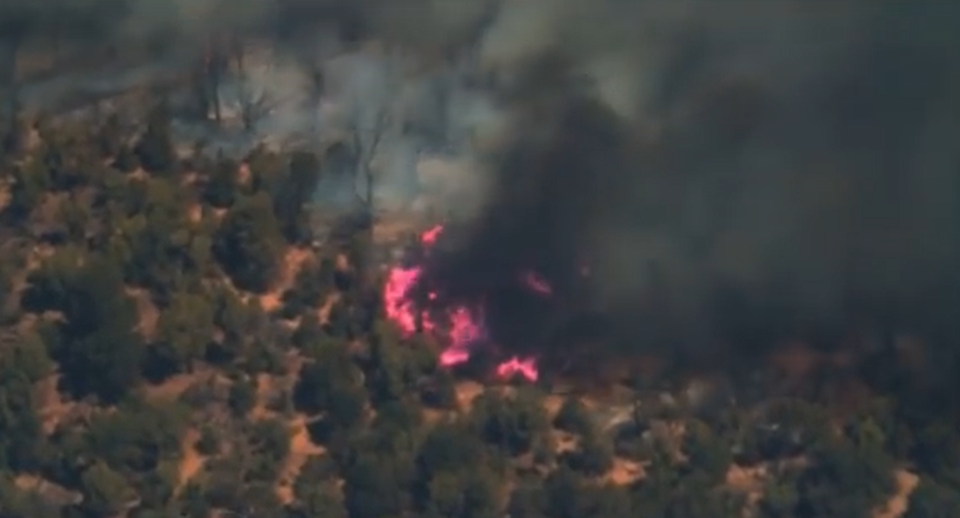NEWS RELEASE
ENVIROMENTAL PROTECTION AGENCY
*************************
The U.S. Environmental Protection Agency (EPA) announced $992,464 in research grant funding to Colorado State University to improve communication of air quality information and smoke exposure risks during wildfire events.
“In the wake of the Marshall Fire, Coloradans understand far too well that climate change has put our communities at increased risk of wildfire,” said EPA Region 8 Administrator KC Becker. “This funding to CSU will improve communication with people about air pollution during wildfire events so that they can better protect their health.”
“As wildfires become more frequent and severe, we must improve how we communicate the risks of smoke exposure to impacted communities,” said Maureen Gwinn, principal deputy assistant administrator for EPA’s Office of Research and Development. “This new EPA funded research will help develop strategies to prevent and reduce the health impacts of smoke from wildfires.”
Wildland fire (wildfires and prescribed fires) smoke is made up of a complex mixture of gases and fine particles, which are produced when wood and other organic materials burn. The biggest health threat from smoke is from fine particles. Outside or indoors, exposure to these microscopic particles can cause burning eyes, runny nose, and illnesses, such as bronchitis. Additionally, fine particles can aggravate chronic heart and lung diseases, and they are linked to premature deaths in people with these health conditions. Wildland fire smoke also contains air toxics, which can cause cancer and other serious health effects.
The Colorado State University research team will build partnerships with communities within Colorado to expand air quality monitoring coverage and improve communication with impacted communities about smoke exposure. As part of this work, the team will build real-time, high-resolution maps that will help users understand changes in air pollution and make decisions to minimize smoke exposures.
This grant is one of twelve research projects receiving EPA STAR grant funding to address interventions and communication strategies to reduce exposure and the associated health risks from wildland fire smoke.
For more information about these grants, visit: https://www.epa.gov/research-grants/interventions-and-communication-strategies-reduce-health-risks-wildland-fire-0
*************************


.jpg;w=120;h=80;mode=crop)
